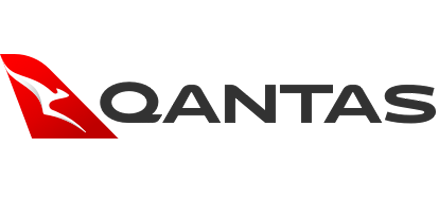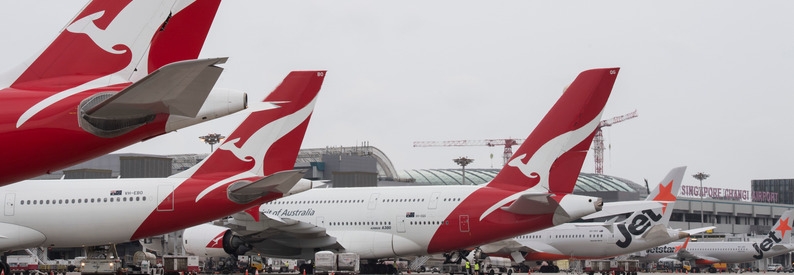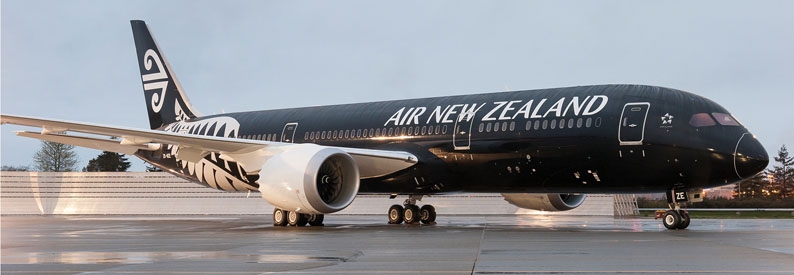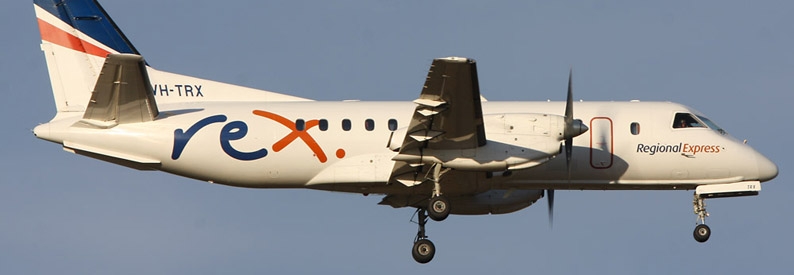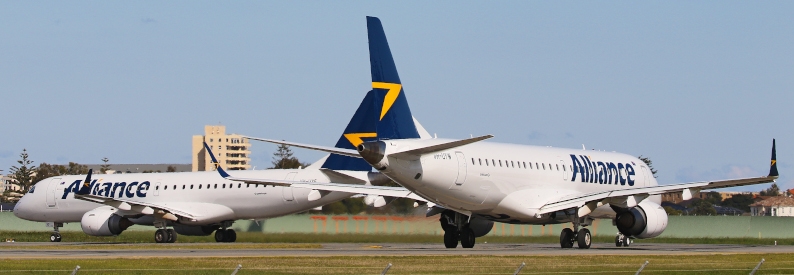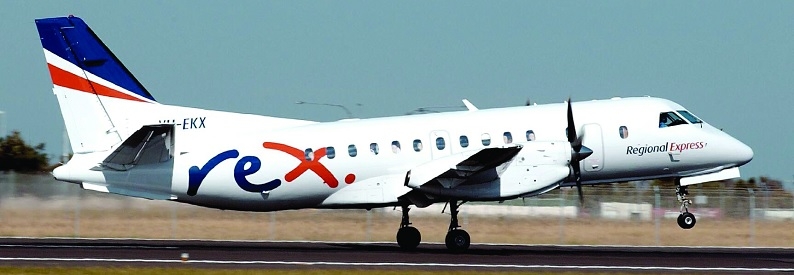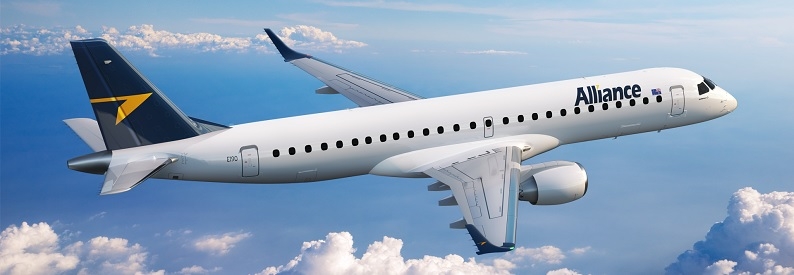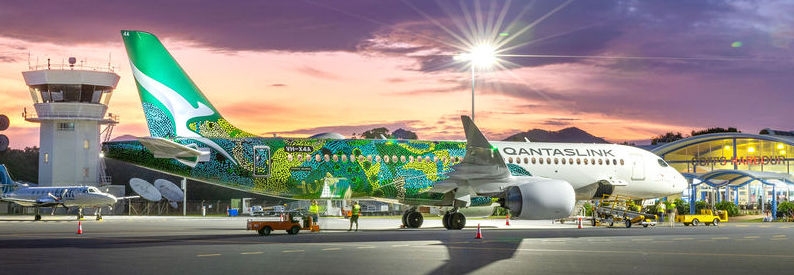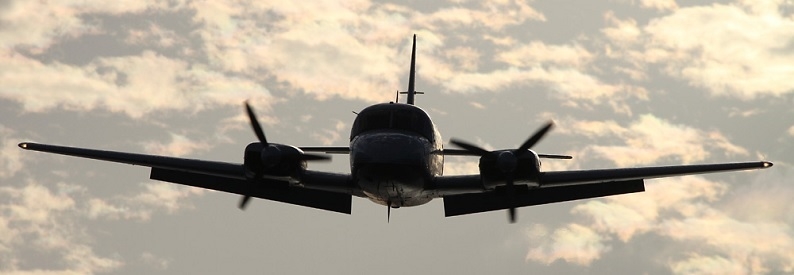In an AUD803 million Australian dollar (USD595 million) deal aimed at reducing its debt as it recovers from the effects of the COVID-19 pandemic, Qantas Group has agreed to sell 13.8 hectares of land near Sydney Kingsford Smith to a consortium lead by LOGOS, the Asia Pacific logistics giant, both parties announced.
The transaction is expected to be completed at the end of December 2021, the airline said in a statement, and would accelerate progress towards reaching the net debt target range by end of FY2022. "We'll use these funds to help pay down debt that we've built up during the pandemic," commented Qantas Group Chief Executive Alan Joyce. "The strength of this sale and its impact on our balance sheet means we can get back to investing in core parts of our business sooner." The transaction remained subject to some conditions being met. Further detail on the expected financial benefit of the sale would be provided with the Qantas Group’s financial results in February 2022.
Qantas said it had also entered talks with LOGOS about potential future development options for the sites being acquired, including a dedicated precinct for the airline and the sale of additional three hectares of land that adjoins some of the lots being sold.
The airline said it expected to complete the evaluation of those proposals in early 2022 and if an agreement was reached, it had the potential to raise the total value of the deal to more than AUD1 billion (USD738 million). The sale of the largely underdeveloped land followed a three-month expression of interest process, which resulted in 18 bids from a range of Australian and international syndicates.
The consortium includes LOGOS, backed by the Abu Dhabi Investment Authority via the LOGOS Australia Logistics Venture (LALV), and its partner, AustralianSuper. It has entered into binding arrangements to acquire a 100% freehold interest on 13.8 hectares of land in Mascot, in immediate proximity to Sydney Kingsford Smith Airport, which represents one of the last available scalable logistics and commercial development sites in the South Sydney market. The transaction increases LOGOS’ assets under management in Australia and New Zealand to AUD13 billion (USD9.6 billion), the company said in a statement. It intends to redevelop the site into a cutting edge logistics hub, which will substantially enhance the connectivity of Sydney airport.
Meanwhile, Qantas has announced it will bring forward the restart of its international flights by two weeks to November 1, 2021, after the federal and New South Wales (NSW) governments confirmed that borders would reopen on that date. It also welcomed the decision by the NSW Government to remove quarantine for fully vaccinated arrivals. The airline said the thresholds for domestic borders opening in most states should be reached in the next two months.
Qantas will operate up to five return flights a week from Sydney Kingsford Smith to London Heathrow and up to four weekly rotations from Sydney to Los Angeles International with its B787-9s. More flights would be added to meet demand if needed. Flights to London would operate via Darwin until at least April 2022. Initially, all flights will be limited to Australian citizens, permanent residents, and their immediate families and parents in line with Australian government requirements.
At this stage, flights to Singapore Changi, Nadi (Fiji), and Vancouver International (Canada) are scheduled to recommence from December 18, 2021, with other destinations to restart in the new year, but Qantas is looking to bring them forward as well in light of the policy shift on vaccinated travellers.
The relaunched Virgin Australia resumes its first international flights on December 16, 2021, to Fiji from Sydney, Melbourne Airport, and Brisbane International. The airline plans to resume flights to Bali and New Zealand in 2022.
Both airlines welcomed the end of quarantine requirements for fully vaccinated travellers in NSW. Joyce expressed the hope that other Australian states would follow suit to remove quarantine for fully vaccinated travellers once 80% of their populations were vaccinated.
- Type
- Base
- Aircraft
- Destinations
- Routes
- Daily Flights
